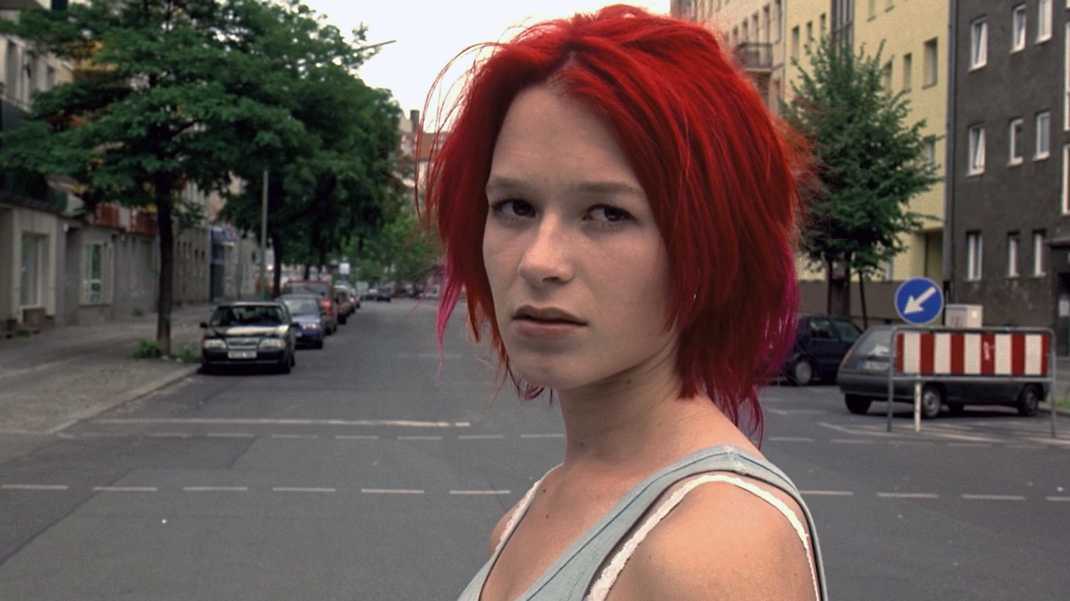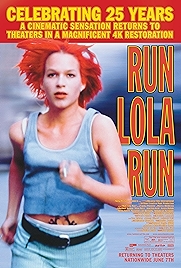A movie for every day of the year – a good one
9 November
Schicksaltag, Germany
In Germany 9 November has in recent years become known as Schicksaltag (the Fateful Day), a day which has been on five separate occasions the turning point for the country. The string of seeming coincidences was first noted after the Second World War but Schicksaltag as a concept really picked up momentum after 1989. In 1848, with the execution of poet and democrat Robert Blum on this day, the 1848 Revolutions were seen to come to an abortive end. In 1918, Kaiser Wilhelm II was deposed as head of state, bringing to an end the notion of a system of monarchy in Germany. In 1923 the Beer Hall Putsch, which had begun the evening before, saw Hitler march into Munich with 2,000 men and attempt to seize power. He failed, but he would be back. 9 November 1938 has gone down in infamy as Kristallnacht, when synagogues and Jewish properties throughout Germany were looted and burned and more than 1,300 Jews killed. And in 1989, 9 November saw the fall of the Berlin Wall, which led to the reunification of the country. Because of the last event, it had been proposed initially that 9 November should be German Unity Day. But because of the other associations with the day, Kristallnacht in particular, the 3 October was chosen instead (the date of formal reunification).
Run Lola Run (1998, dir: Tom Tykwer)
It’s just Lola Runs (Lola rennt) in German and the equally simple high concept powering this landmark German film is a cracker – Lola (Franka Potente) has 20 minutes to raise a mountain of cash, otherwise her boyfriend will be killed by the gangster he owes it to. She tries; she fails. Then director Tom Tykwer makes her do it again, and again, Groundhog Day style, while the pounding soundtrack, whipcrack camera and editing, plus the smorgasbord of visual styles add to the feeling of oppressive will she/won’t she. Beautifully made and utterly stylish Run Lola Run is a landmark because of what it symbolises – Germany’s arrival at a place where France (largely thanks to Luc Besson) had arrived a few years before. Gone was the need to make every film socially relevant – arthouse, if you will. In came a love for genre, an understanding that entertainment is also part of the weft of life and nothing to be ashamed of, and a decision to take on Hollywood at its own game. Tykwer was a new talent then with a gift for an arresting image. Since then he has never managed quite to achieve what Run Lola Run suggested he would, though there’s no shame in having directed The Princess and the Warrior, Heaven, Perfume and Cloud Atlas (with the Wachowskis). Run Lola Run also gave us Franka Potente, a ballsy modern heroine with bright red hair and a tattoo – just right for the new grrrl era. This was Germany’s biggest film of 1998. Since then we’ve had Downfall and The Lives of Others, Hell, Goodbye Lenin, The Counterfeiters and The Edukators – all arthouse to a certain degree, but all also infused with the lessons that Run Lola Run taught them. If you’re not entertaining people it doesn’t matter what you’re saying, because they won’t be watching. It’s OK to court popularity.
Why Watch?
- The arrival of Tykwer, a great director
- A pounding soundtrack – also largely by Tykwer
- One of the best “female heroine” films of recent decades
- Average shot length of 2.7 seconds – busy
Run Lola Run – at Amazon
I am an Amazon affiliate
© Steve Morrissey 2013

